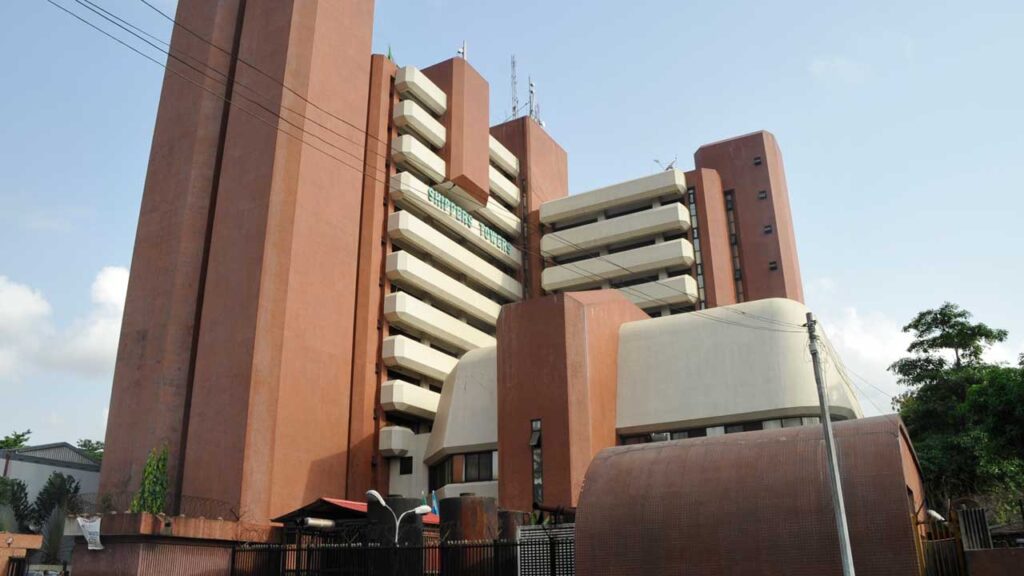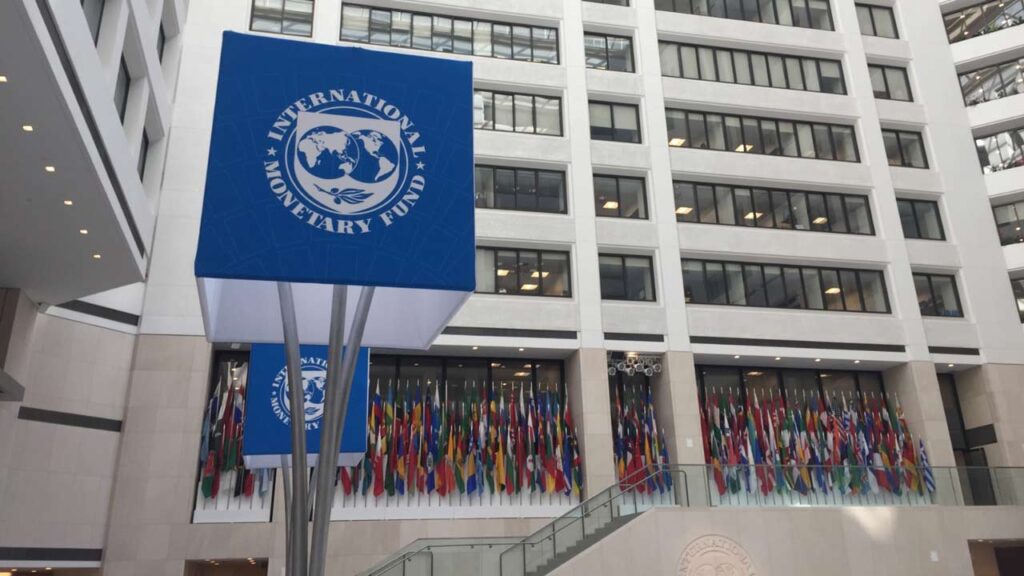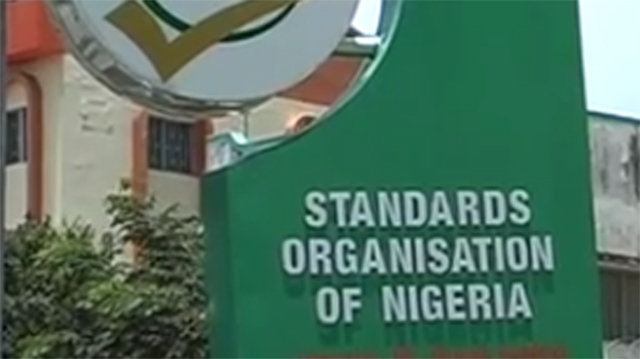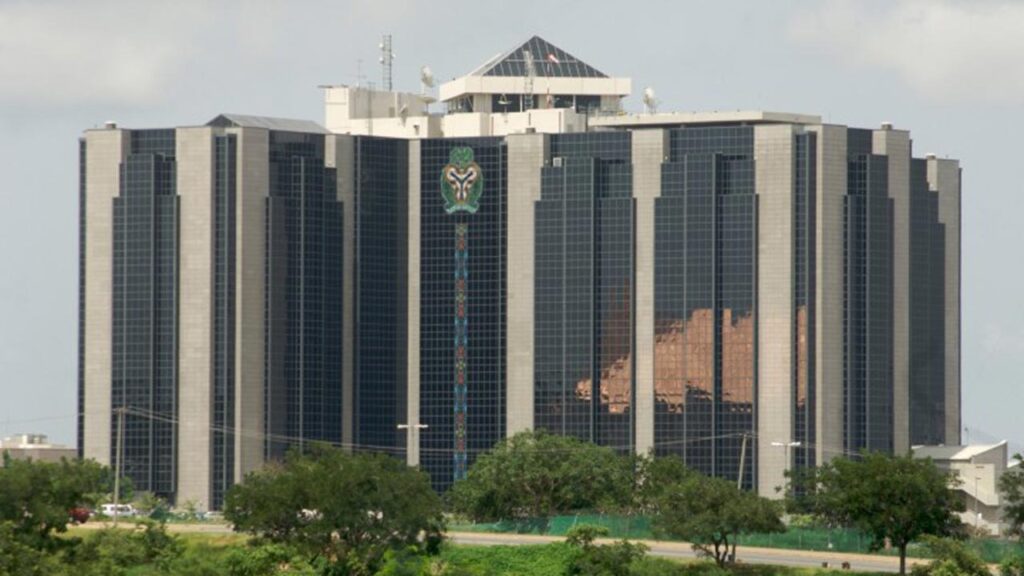The Nigerian Shippers’ Council (NSC) said it saved the economy N122.1 million, an equivalent of $108,363.02 through intervention in container deposit refund delays, excessive demurrage and detention charges, discrepancies in the bill of lading clauses and unexpected surcharges among other trade disputes at the ports in the first quarter of 2024.
The Assistant Director and Head of Compliant Unit, NSC, Bashir Mohammad, disclosed this during a meeting between the Council and the European Union Delegation and Economic Community of West African States (ECOWAS) in Lagos.
Mohammad said the Council faces a myriad of complaints from stakeholders, including service providers, shipping companies, terminal operators, consolidators and consumers, on challenges affecting port operations.
He said the unit treated valid complaints in 2023 and recovered N362.1 million, while in 2022 it recovered N203.5 million. It recovered N2.5 billion in 2021 and N35.9 million in 2020.
Mohammad said among the recurring grievances directed to shipping companies are issues relating to container logistics such as delays in container deposit refunds, excessive demurrage and detention charges and unexpected surcharges.
He said there have been instances where shipping companies impose charges on subsequent cargo shipments before releasing them, a practice that has drawn criticism for its impact on importers and exporters.
Mohammad further highlighted discrepancies in the bill of lading clauses, noting that many importers reportedly overlook or misunderstand these contractual terms, leading to disputes and penalties imposed by shipping companies for non-compliance.
Mohammad added that the infrastructure shortcomings at ports also contribute to operational inefficiencies, emphasising insufficient provision of holding bays exacerbating issues such as cargo damage, pilferage, and theft.
He added that the unauthorised triangulation of containers to inland dry ports without consignee consent further complicates logistics and regulatory oversight.
On issues within the seaport terminals, Mohammad highlighted the arbitrary practices in storage allocation and delays in container examination, which exacerbate port congestion issues.
Also, among the issues are delays in cargo clearance due to port-related damages, which Mohammad said has continued to be a source of contention, despite efforts by the NSC to resolve such disputes through established protocols.
Moreover, he said the application of storage and port charges on stemmed containers, alongside inconsistent barging practices, has triggered numerous complaints.
Mohammed also disclosed alien charges and other contentious issues, which have been a focal point of the NSC’s efforts to mitigate financial burdens on stakeholders.
According to him, the council’s Complaints Unit has been actively engaging with industry players to streamline processes and ensure compliance with established guidelines.
He said by addressing these issues head-on, the council aims to decongest the ports and foster a more conducive environment for trade facilitation and economic growth at Nigerian ports
Mohammed said despite these achievements, the unit faces challenges such as fictitious addresses provided by importers and jurisdictional limitations in cases involving consignees’ disputes.
According to him, these complexities underscore the ongoing need for robust regulatory oversight and collaborative efforts among all stakeholders.













